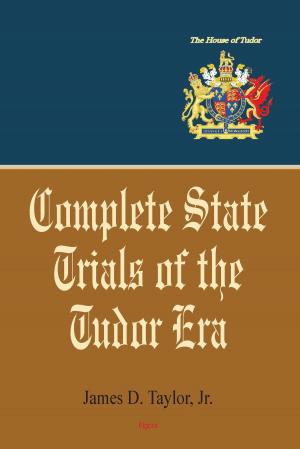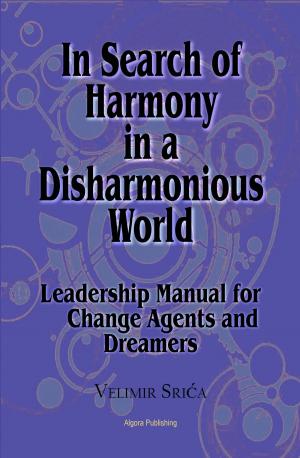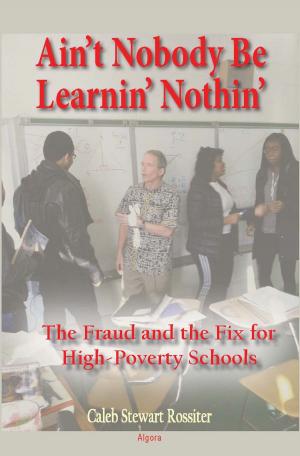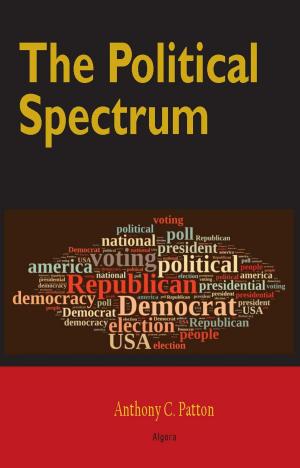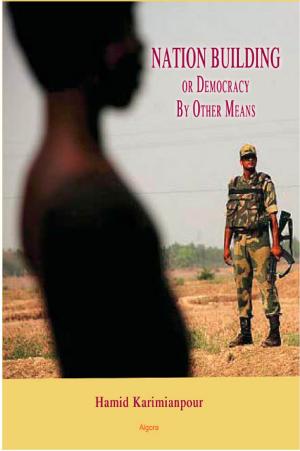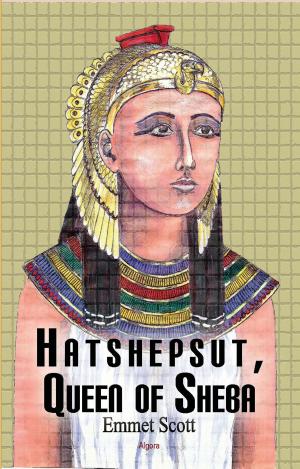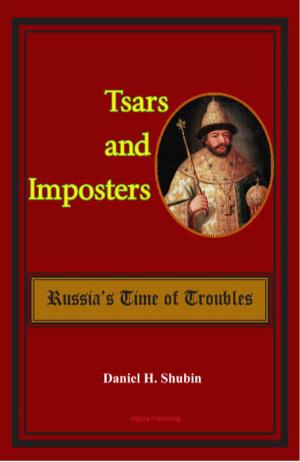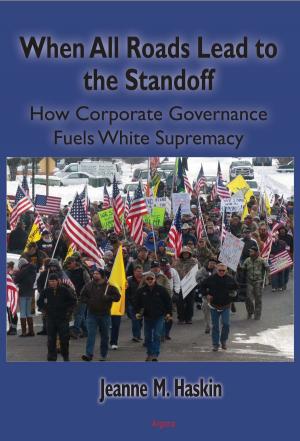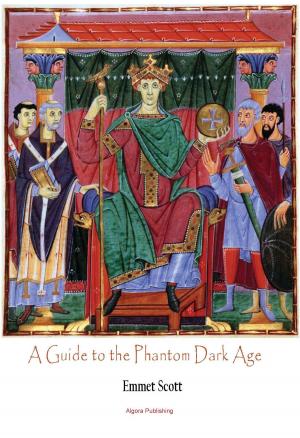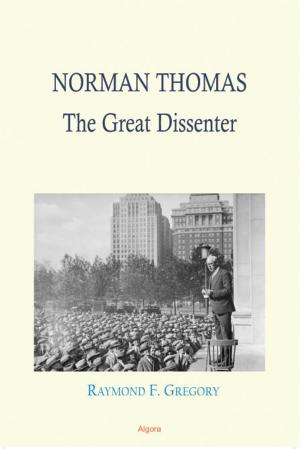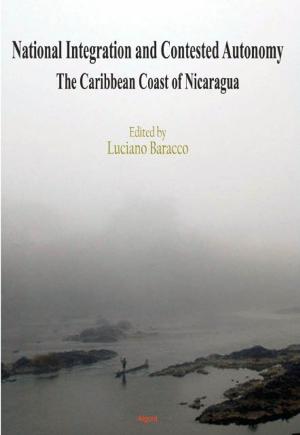Thomas Jefferson: Thoughts on War and Revolution
Nonfiction, History, Americas, United States, Revolutionary Period (1775-1800)| Author: | Brett F. Woods | ISBN: | 9780875866383 |
| Publisher: | Algora Publishing | Publication: | December 15, 2009 |
| Imprint: | Algora Publishing | Language: | English |
| Author: | Brett F. Woods |
| ISBN: | 9780875866383 |
| Publisher: | Algora Publishing |
| Publication: | December 15, 2009 |
| Imprint: | Algora Publishing |
| Language: | English |
Philosopher, diplomat, politician, inventor, writer, architect, even gardener, from a historical perspective Thomas Jefferson emerges as an extraordinary individual  one who was clearly many things to many people. But, too, precisely because of these same collective endeavors, he has become so much a part of AmericaÂs ongoing search for itself, so deeply entwined in the tapestry of AmericaÂs grand democratic experiment, that, in many instances, succeeding generations have been largely unable to picture him clearly and objectively in his own life and times.
The most comprehensive portrait of the founding fathers can be seen in their personal letters and journal entries. Jefferson is no exception, and those he wrote concerning war and revolution  through many of the most critical episodes in early American history  are of singular importance. The format of the letters has been preserved whenever possible and, collectively, they provide a unique glimpse into the character and thought processes of Jefferson, warrior and revolutionary.
Whether he is writing to peers such as James Madison, Patrick Henry, and George Washington; to French associates such as the Marquis de Lafayette and Hector St. John de Crevecoeur; or even to British adversaries such as the American traitor Benedict Arnold, and Sir Guy Carleton, the British Governor of Canada, Jefferson demonstrates a striking understanding of the issues. And whether the subject might be an argument for national retaliation, the treatment of prisoners of war, or the application of blockades in naval engagements, he writes with remarkable clarity, insight, and eloquence.
As the text presents, in their entirety, the original written correspondence which succeeding generations of historians have repeatedly cited as the basis for the interpretation of events or conclusions of fact, Thoughts on War and Revolution is both a comprehensive reference resource, as well as a unique supplement to the existing literature.
Philosopher, diplomat, politician, inventor, writer, architect, even gardener, from a historical perspective Thomas Jefferson emerges as an extraordinary individual  one who was clearly many things to many people. But, too, precisely because of these same collective endeavors, he has become so much a part of AmericaÂs ongoing search for itself, so deeply entwined in the tapestry of AmericaÂs grand democratic experiment, that, in many instances, succeeding generations have been largely unable to picture him clearly and objectively in his own life and times.
The most comprehensive portrait of the founding fathers can be seen in their personal letters and journal entries. Jefferson is no exception, and those he wrote concerning war and revolution  through many of the most critical episodes in early American history  are of singular importance. The format of the letters has been preserved whenever possible and, collectively, they provide a unique glimpse into the character and thought processes of Jefferson, warrior and revolutionary.
Whether he is writing to peers such as James Madison, Patrick Henry, and George Washington; to French associates such as the Marquis de Lafayette and Hector St. John de Crevecoeur; or even to British adversaries such as the American traitor Benedict Arnold, and Sir Guy Carleton, the British Governor of Canada, Jefferson demonstrates a striking understanding of the issues. And whether the subject might be an argument for national retaliation, the treatment of prisoners of war, or the application of blockades in naval engagements, he writes with remarkable clarity, insight, and eloquence.
As the text presents, in their entirety, the original written correspondence which succeeding generations of historians have repeatedly cited as the basis for the interpretation of events or conclusions of fact, Thoughts on War and Revolution is both a comprehensive reference resource, as well as a unique supplement to the existing literature.

